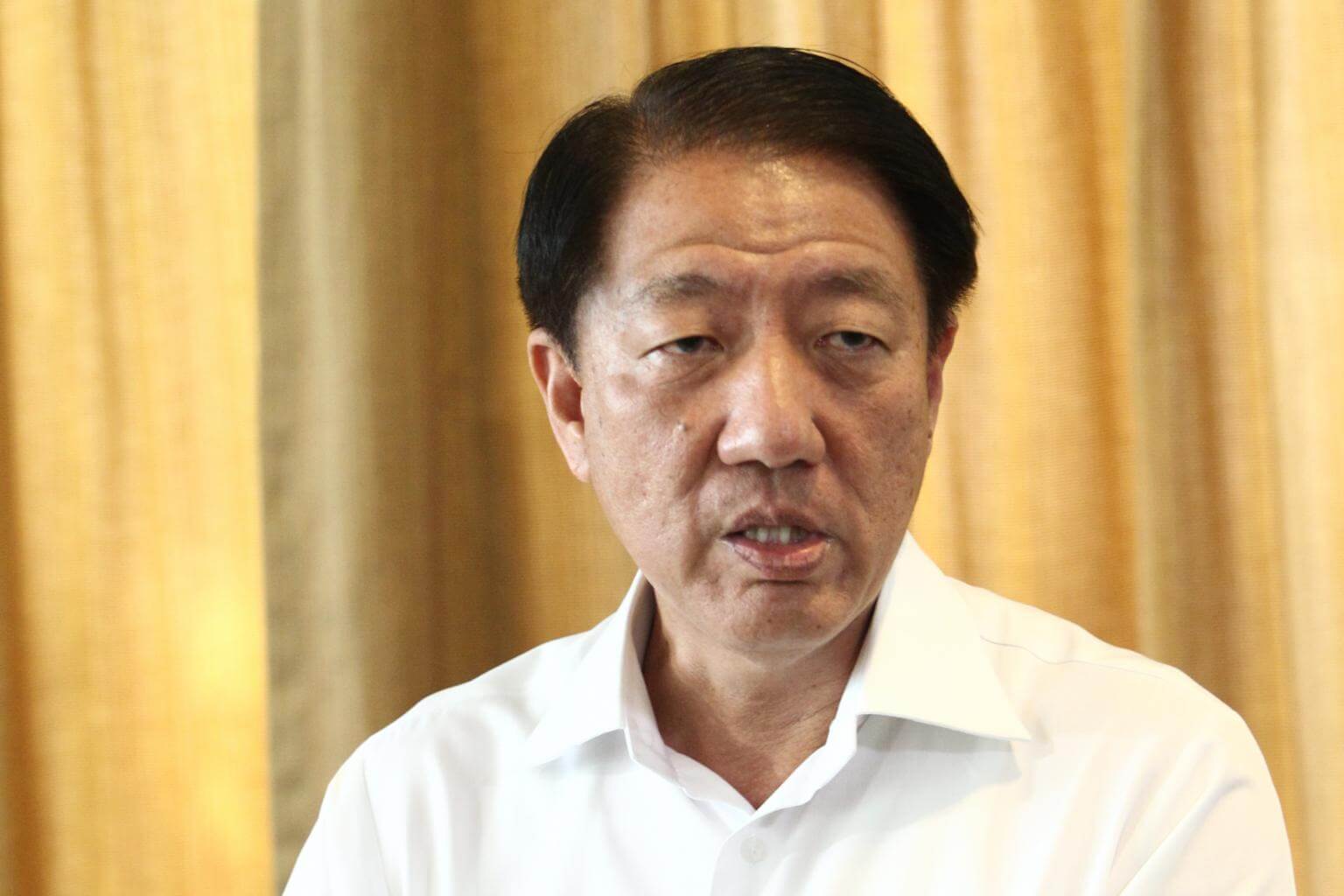Parliament: Changes to elected presidency
Changes to elected presidency arrived at after months of open dialogue
Care taken by Govt to improve, strengthen key institution for the future: DPM Teo
Sign up now: Get ST's newsletters delivered to your inbox

The elected presidency is not a perfect system but the changes to it are the best way of safeguarding Singapore's assets, said Deputy Prime Minister Teo Chee Hean.
PHOTO: LIANHE ZAOBAO
Follow topic:
The elected presidency is not a perfect system but the changes to it are the best way of safeguarding Singapore's assets, said Deputy Prime Minister Teo Chee Hean.
The Government had carefully considered the complex changes and settled on them after a thorough, consultative and open process, he added.
Mr Teo noted that the amendments were in line with the recommendations of an independent Constitutional Commission, and added that the entire review process lasted more than 10 months.
Such care was taken because the elected presidency is a key institution, he said yesterday when wrapping up the three days of debate on the constitutional changes to the elected presidency.
"We are trying to improve our institutions and strengthen them for the Singapore of the future.
"It is part of the overall effort to build stabilisers in the system so that, whether you're a town councillor or MP or president or the prime minister, you are governed by a set of laws and are held accountable."
He contrasted the thoroughness of the process to the way the Workers' Party (WP) "sprung upon members of the House" on the second day of debate, its proposal for a senate of eight elected members.
Mr Teo pointed out that the WP was invited to present its views publicly, and before the commission, but it chose not to do so.
Moreover, the details of its proposal are flawed, he added, saying he was dissatisfied with WP MPs' answers to issues like how gridlock in the senate would be resolved.
Said Mr Teo: "The Workers' Party has really not come up with a workable and better alternative to the system that we have and the improvements that we are proposing."
In all, 38 MPs took part in the debate, including Prime Minister Lee Hsien Loong.
Mr Teo, in his speech before Parliament approved the constitutional changes, also addressed three key concerns raised by MPs.
First, there may be tension between the president's role as a national unifier and his role as a custodian of Singapore's assets.
While acknowledging this potential tension, he said all of Singapore's elected presidents were able to perform the two roles with distinction.
"I believe that with wisdom among our voters, we should be able to elect good presidents and handle this well," he added.
Second, raising the eligibility criteria may limit the pool of candidates to certain groups.
Private-sector candidates must have helmed a company with $500 million in shareholder equity, a change from the old threshold of $100 million in paid-up capital.
Mr Teo said it would ensure a president has the requisite experience and ability to make large and complex financial decisions on an urgent basis. "There will continue to be qualified minority candidates, from both the public and private sectors," he added.
The exact number of such candidates is not available as firms do not make their officers' race public.
"But if we agree, as I think we do, that we must be uncompromising on the criteria and that we cannot lower the bar for any community, we should focus on growing the pool of eligible candidates," he said.
Other non-financial criteria such as integrity and good character are also crucial, but must be left to the judgment of voters, added Mr Teo.
Third, he assured MPs that the changes to the Council of Presidential Advisers (CPA) would not make it into "a third centre of power".
The CPA cannot veto the president's decision or what the Government proposes.
The changes mean the president must consult the CPA on all - as opposed to some - matters related to safeguarding Singapore's assets and appointing key public officers.
Lastly, Mr Teo observed that the change that ensures minority racial groups are periodically elected president drew some of the more passionate speeches, in support of greater multiracial understanding.
Singapore's multiracialism did not come about by chance, he said. The Government has actively intervened to grow the common space.
Similarly, reserving elections for ethnic groups from which there has not been a president for five consecutive terms addresses present realities, while having an eye on the long-term goal to be race-blind in such contests.
Said Mr Teo: "I want my children and my grandchildren and children of every community in Singapore to see in their lifetime the rich ethnic diversity that is Singapore reflected in the presidency.
"The changes that we are making to provide for ethnic representation will ensure they do so."

